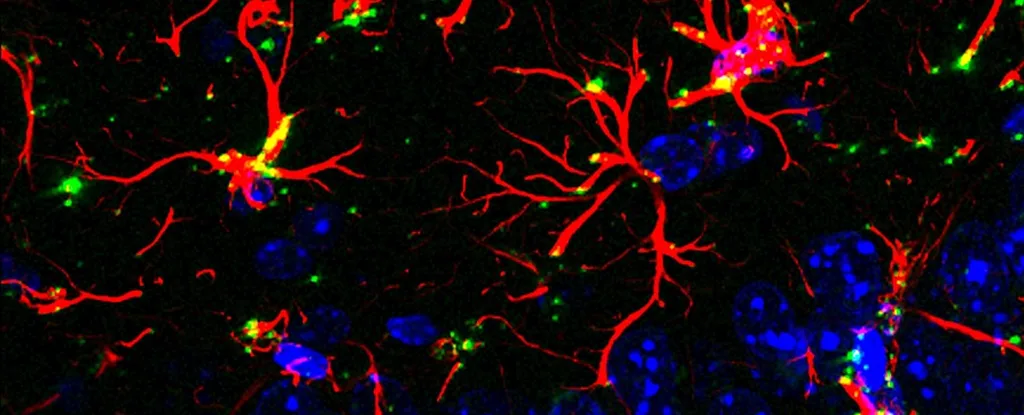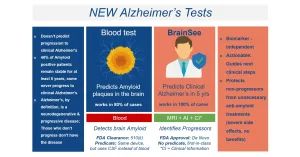New Hope for Alzheimer’s: The Role of Hevin in Preventing Cognitive Decline
Alzheimer’s disease and other forms of dementia pose a significant global health challenge. Scientists worldwide are dedicated to exploring diverse strategies to combat these conditions. Recent research has illuminated a promising avenue: the molecule hevin, also known as SPARCL-1, and its potential to prevent cognitive decline.
Understanding Hevin (SPARCL-1)
Hevin is a protein that plays a vital role in brain development and function. It’s involved in:
- Synapse formation: Hevin helps in the creation and maintenance of connections between neurons, which are crucial for learning and memory.
- Neural plasticity: This molecule supports the brain’s ability to adapt and reorganize itself, essential for cognitive resilience.
The Study’s Key Findings
The new study suggests that hevin could be instrumental in preventing the cognitive deterioration associated with Alzheimer’s. The research indicates:
- Increased hevin levels may protect against the damaging effects of amyloid plaques, a hallmark of Alzheimer’s disease.
- Hevin might enhance the brain’s ability to compensate for neuronal damage, delaying the onset of cognitive symptoms.
Implications for Future Research
These findings open exciting new possibilities for Alzheimer’s prevention and treatment:
- Hevin as a Therapeutic Target: Further research could explore ways to increase hevin levels in the brain, potentially through drug development or gene therapy.
- Early Intervention: Identifying individuals with low hevin levels could allow for early interventions to boost cognitive function and delay disease progression.
Final Overview
The discovery of hevin’s potential role in preventing cognitive decline offers a beacon of hope in the fight against Alzheimer’s disease. While more research is needed, this molecule presents a promising target for developing new strategies to protect brain health and maintain cognitive function as we age. This research underscores the importance of continued investment in Alzheimer’s research, with the hope of bringing solutions for those at risk and affected by this devastating disease.




+ There are no comments
Add yours